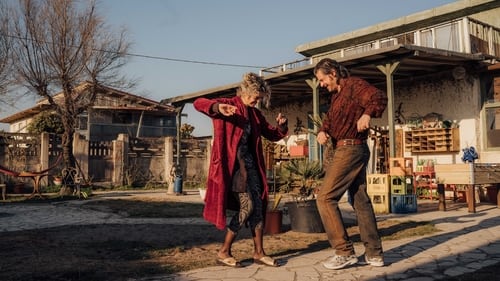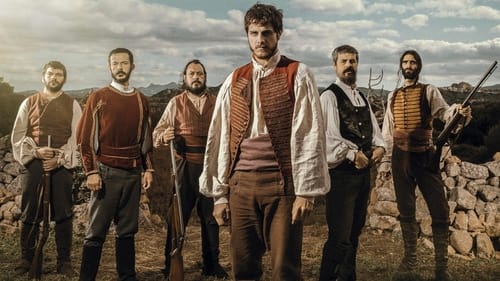
Editor
Pablo’s life is ruled by drugs and by the intense and oppressive relationship he has with his mother, a former cocaine mule who escaped from Colombia and with whom he shares a small house in the outskirts of Rome. After her death, following her relapse into drug addiction caused by his emotional involvement with a young Colombian girl mixed up in the smuggling ring, Pablo’s guilt pushes him to try and bring her ashes back to Colombia. When the embassy denies his request on the basis of the fake identity and passport of his mother, the protagonist will be forced to tackle the journey by ingesting ovules containing ashes instead of drugs and he will find himself in his home country for the first time, desperately looking for redemption and his mother’s house on the Madgalena river.

Editor
Gallura, the mid-1800s. The feud between the Vasa and Mamia families – historically documented – is causing bloodshed in the region. Bastiano Tansu, a deaf-mute since birth, is one of its protagonists. Mistreated and marginalized since his childhood, after his brother Michele was murdered he joined forces with one of the two leaders of the factions, Pietro Vasa, and put at his service his fury and his amazing aim, becoming a highly feared assassin. The State and the Church try to stem the wave of terror and only after more than 70 deaths, the peace of Aggius arrives. At first, Bastiano finds peace in his love for a pastor's daughter, but in a violent and superstitious world that already labeled him the devil's son when he was just a boy, someone like him cannot be found innocent. Thus, he chooses to confront his own destiny.

Editor
A short film inspired by the work of Francis Bacon and Lucian Freud.

Editor

Editor

Editor
In the opening scene we are witness to an old man’s lament about a world he no longer understands. Subsequent sequences gradually introduce us to various inhabitants of an unspecified southern Italian village and to the many bizarre situations in which the characters of the three vaguely adumbrated stories appear. Although some of them meet on a daily basis, the viewer receives scant information about their relationships, let alone their lives, and with no plot context. Nevertheless, the tone generated by the artfully composed shots and musical accompaniment suggests something inauspicious, even subliminally disturbing. The film, the script of which earned director Caputo the Mattador International Screenwriting Award, seeks to explore the typical Italian provincial world where the effort to be new and modern clashes with a commitment to deeply rooted traditions.

Editor

Editor


